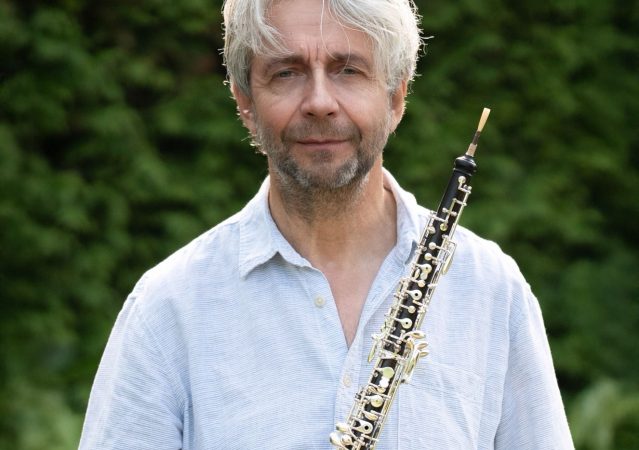Search
Joris Van den Hauwe

Joris Van den Hauwe (b. 1962 in Ghent) is principal oboist of the Brussels Philharmonic, an internationally acclaimed soloist and chamber musician. He has recorded several CDs as a soloist, including his Vivaldi concertos recording that received a Choc Classica award. His repertoire ranges from Baroque to avant-garde. The international press praises him for his unmistakable artistic personality, characterized by flawless technique, a rich sound, and highly expressive phrasing.
After studying at the Royal Conservatory of Brussels with Paul Dombrecht, he joined the Karajan Academy, gaining experience with the Berlin Philharmonic under conductors such as Karajan, Abbado, and Solti. He was a member of both the European Youth Orchestra and the World Youth Orchestra. In 1984, he won the bronze medal at the International Oboe Competition in Toulon.
As a soloist and chamber musician, he continues to be a welcome guest with many ensembles both in Belgium and abroad. He has performed not only in all major Belgian concert halls but also in renowned venues such as the Musikverein in Vienna and the Concertgebouw in Amsterdam. He has collaborated with world-class soloists such as Hermann Baumann, Karl Leister, Klaus Thunemann, Yehudi Menuhin, Michaela Petri, Jörg Demus, and many others. The oboe has taken him to every corner of the world, from Tokyo to New York.
In 1996, he became professor of oboe at the Antwerp Conservatory, and in 2010 at the Ghent Conservatory, a position he held until his move to France in 2015. Since the COVID pandemic, he has been living again in Belgium. He has given masterclasses in France, Spain, Japan, and Colombia.
Joris occasionally composes music himself, including the score for A Farewell to Fools, a film starring Gérard Depardieu and Harvey Keitel. In recent years, he has also emerged as a filmmaker, focusing on portraits of musicians and artists.
He plays Rigoutat since 1978.
Testimonial for the Rigoutat Classique:
“I’ve been playing the Rigoutat Classique since 1978. Over the years, I tried everything that crossed my path, but no other oboe offered me more possibilities in terms of expressiveness, phrasing, and tone color than the Classique. It might not be the most effortless instrument today, but it still gives me something no other oboe ever has. To me, that’s priceless.”
